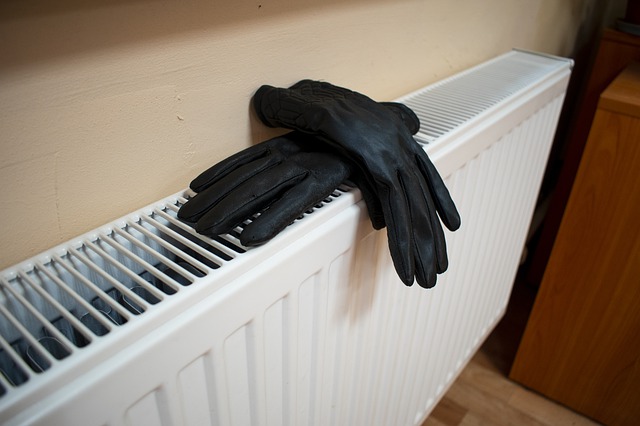
Image by Elizaveta Maximova from Pixabay
September 20, 2025 - Washington, DC - The National Energy Assistance Directors Association (NEADA) has released its winter home-heating update. The most significant increase this season will hit households that heat with electricity: expenditures are expected to rise 10.2%, from $1,093 last winter to $1,205 this year. Electricity prices are rising more than twice as fast as the overall inflation rate due to utility investment in transmission and distribution systems, the rising cost of natural gas, a primary fuel for power generation – and rapid growth in large data centers that are increasing demand for electricity.
NEADA also projects higher natural gas costs, with the average household gas bill increasing from $639 to $693, driven by higher wholesale gas prices and strong LNG export demand.
By contrast, households using heating oil are expected to see a 4.0% decrease in winter expenditures (from $1,515 to $1,455), and propane users a 5.0% decrease (from $1,316 to $1,250), reflecting softer petroleum prices and the easing of last winter’s supply constraints.
Arrearages for electricity and natural gas are also increasing: Since December 31, 2023, household energy arrearages have risen by about 31%, from approximately $17.5 billion to $23.0 billion by May 31, 2025. The increase reflects rising home-heating costs and greater summer air-conditioning use amid higher temperatures. About one in six U.S. households is already behind on their utility bills before winter starts. Higher heating costs, particularly for households with electric heat, will make them fall further behind. At the very moment families need more support, federal aid is shrinking. LIHEAP funding fell from $6.1 billion (FY2023) to about $4.1 billion (FY2025). The Administration has proposed eliminating LIHEAP. While the House and Senate appropriations bills include a small increase for the coming fiscal year, they have not yet passed and do not include additional resources to address rising home-energy costs.
Protect the Nation’s Most Vulnerable Citizens: NEADA is urging Congress to restore LIHEAP to $6.1 billion annually and to create contingency funds for climate emergencies and price spikes. America faces a dangerous convergence: rising summer heat, rising demand, and rising bills. Without action, energy insecurity will deepen and utility debt will rise. The U.S. can both modernize the grid and protect its most vulnerable citizens. It can pair investment with equity and treat home-heating and cooling fuels not merely as commodities, but as public goods essential for all households. The rising cost of electricity cannot and must not be borne on the backs of those least able to pay
About NEADA: The National Energy Assistance Directors Association represents the state directors of the Low Income Home Energy Assistance Program (LIHEAP), which helps low-income households meet their home energy needs.
Source: National Energy Assistance Directors Association (NEADA)



